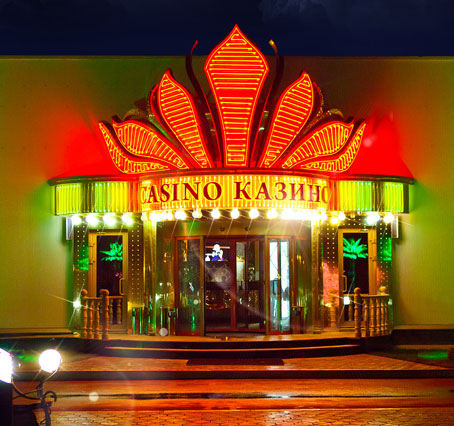Russia is set to close three casinos by the end of April, in a bid to boost attendances in Sochi. The city that hosted the Winter Olympics may have been the eye of the world then, but since, attendances in many of Sochi’s venues have rapidly dropped.
By closing down three neighbouring casinos, it is hoped that people will be more inclined to make the trip to Sochi to play in their gambling properties. Sochi is still a rather new city for gambling in Russia, having been declared a legitimate gambling zone (one of only four) in the country, in July, 2014.
The three casinos that are to be closed down are all centred in Azov City, located in the Krasnodar Krai region of Russia. The bad news for players in the Nirvana, Oracul and Shambala casinos in Azov City, is that these properties were really beginning to come into their own. Rapid growth had seen six times as many players gamble in them in 2013, than they did in 2010. That latter year is significant, since that is the year the casinos opened. Ultimately, the four and half year experiment has been a raving success, but not one which the Russian gambling authorities wish to continue.
The Royal Time Group, which runs the Oracul Casino, have long stated that the acceptance of Sochi as a gambling zone would be a threat to Azov City. Sochi is also located in the same Russian region, meaning it would have direct competition from three casinos which are already doing considerably well. For the Russians (who seemingly wish to boost the identity and name of Sochi), this simply won’t do.
Russia’s Ministry of Finance has made efforts to compensate the operators of the three casinos in question, by offering them 10 billion Rubles (about $145 million), and whilst that may cover some of the losses from the casinos, it is unclear what will happen to the five-star hotels built alongside them.
As well as Sochi being approved as a gambling zone, Russian President Vladimir Putin has also agreed to make Crimea another gambling zone. Crimea was annexed by Russia last year, and internationally still belongs to Ukraine. This move is likely to be met with hostility by Ukraine, who haven’t given up hope of retrieving their stolen territory, which opted to join Russia in what was widely panned as an illegal and corrupt referendum in 2014.



